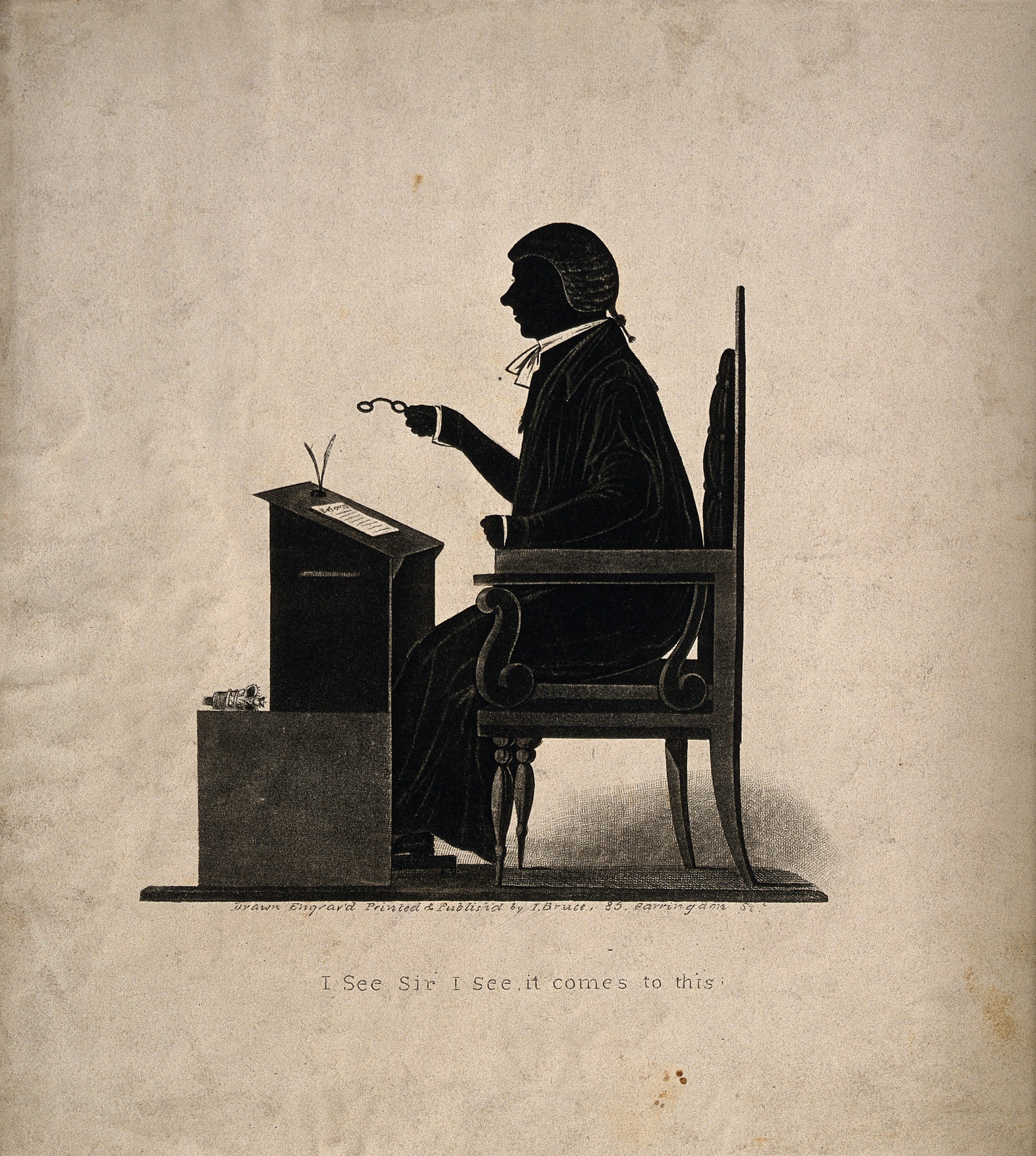Here are some interesting bits and pieces for L21C partners.
This blog post by Mark Cohen makes a distinction between legal practice and legal delivery. Cohen says the practice of law (what lawyers actually do) hasn’t changed that much, but the way legal services are delivered is changing profoundly:
The traditional law firm structure, designed for profit-per-partner but not conducive to competitive pricing for such repetitive work, has fueled the growth of “alternative providers”. Many of those service providers perform legal functions but operate from a corporate rather than a partnership model. Plus, service providers can-and do-often engage in inter-disciplinary practice with technologists, engineers, accountants, and project managers working side-by-side with lawyers. My take: this is the present mimicking the future.
I’ve never really thought about this distinction before, but it makes a lot of sense to me.
The observation has implications for legal education, too. Cohen argues that law schools are good at preparing law students for the practice of law in the sense that they provide the basic skills a lawyer needs to do legal work. But:
The bad news is that most law schools, like practicing lawyers, do not seem to appreciate the difference between the practice of law and the delivery of legal services. And that distinction is crucially important to legal education because it affects curriculum and the preparedness (vel non) of graduates to enter a new and different legal marketplace. Law schools continue to prepare students for the traditional law firm model-one with high salaries to help defray education costs and partnership opportunities that have all but vanished– that is rapidly being replaced.
Cohen says that law schools “must be more sensitive to the changes in legal delivery and skills students must have to avail themselves of marketplace opportunities.” I’m convinced! It is a real challenge for law schools, because we’re (reasonably) good at doing what we’ve always done, and finding a way to rise to these new challenges is a lot harder, but I think essential.
One more thing: check out the twitter hashtag #cbaleadership15. Lots of great stuff here! For example: “This is the best time to practice the law, but only if you’re open to these new innovative opportunities.” Congratulations – you are entering the profession at the best time to practice the law! Even if it is a bit scary.

